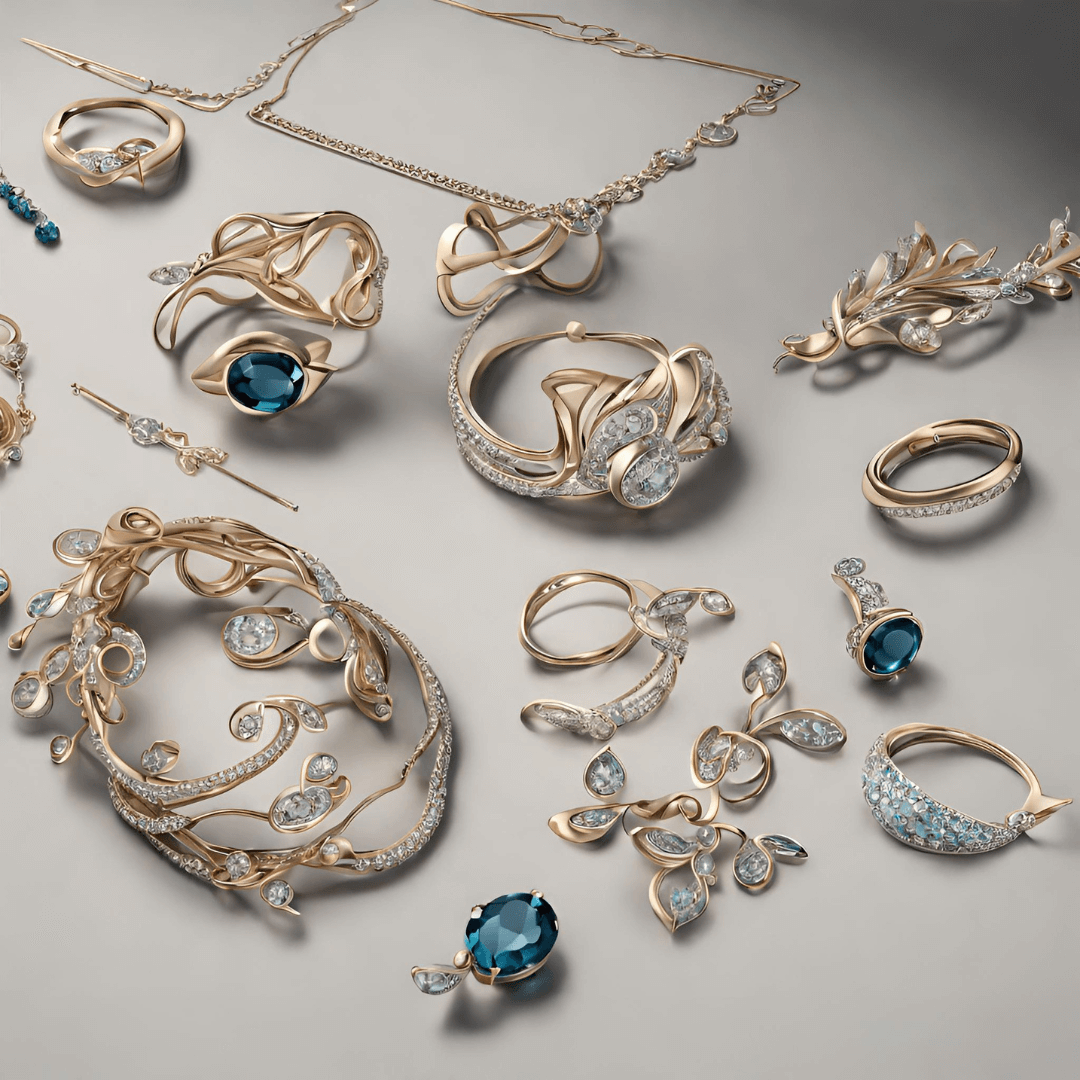Table of Contents
The jewelry business cannot do without the welding process. It is a valuable process that allows artists to create enduring and complex jewelry pieces. However, it calls for using the right welder to ensure the best results. Using the right welder helps keep the joint between jewelry components complete. Therefore, knowing the correct type of welder to choose for making permanent jewelry is crucial. This article will explore the different kinds of welders and their advantages in jewelry design.
Type of Welder Suitable for Permanent Jewelry
Picking the right welder is imperative in attaining lasting and precise pieces. The following are several welders that can be used in making permanent jewelry.
Micro TIG Welders
Micro TIG welders are a popular choice for making permanent jewelry. They are accurate and offer heat control. The tungsten electrode used in the welder creates the electric arc. This enables the precision of the metals used to make jewelry. Precision TIG welding is suitable for fusing metals that have high melting points. Micro TIG welders offer precise control of the welding parameters to ensure consistent and accurate welds. It is ideal for different metals like platinum, silver, etc. However, note that micro TIG welders are inappropriate for thick materials because of their low heat input abilities and smaller weld area. It can also be challenging to control the heat, especially when welding smaller regions precisely.
Pulse Arc Welders
Pulse arc welders are also usable in making permanent jewelry as they utilize electric arcs to build high-intensity and short-duration energy pulses. The welders are appropriate for joining jewelry pieces. Furthermore, it is easy to control and localize the heat. In addition to spot welding, pulse arc welders are also used to connect jewelry components. They produce minimum heat that reduces the risk of thermal alteration. However, it is crucial to note that this type of welder is generally suitable for thin materials or delicate applications because of its depth penetration limitation. Additionally, pulse arc welding is vulnerable to electromagnetic interference, which can disturb the welding process.
Laser Welders
Laser welders continue to increase in popularity in jewelry and other industries. The main reason behind its buzz is its accuracy and unmatched precision. The welder can gently fuse metals, making it ideal for intricate and delicate pieces. Furthermore, the heat input control helps minimize damage to surrounding areas, resulting in lasting and robust welds. Laser welders from Micro Weld, Inc. provide high precision and accuracy for crafting complex and delicate jewelry pieces.
Resistance Welders
These welders utilize electrical resistance to generate welding heat. They are primarily used to create small jewelry pieces efficiently. Since they produce durable connections, they are most suitable for various jewelry applications. They are efficient and rapid in welding jewelry parts. Their solid and durable welds ensure long-lasting jewelry, and their versatility allows for welding different alloys and metals. Note that resistance welders are utilized in materials that conduct electricity, like metals. They are not suitable for non-conducting materials.
Closing Words
Hopefully, you have understood the different types of welders in the jewelry industry. Every welder has its uniqueness and advantages that cover specific needs. Your choice for the welder mainly relies on the intricacy of the jewelry pieces you are making.


